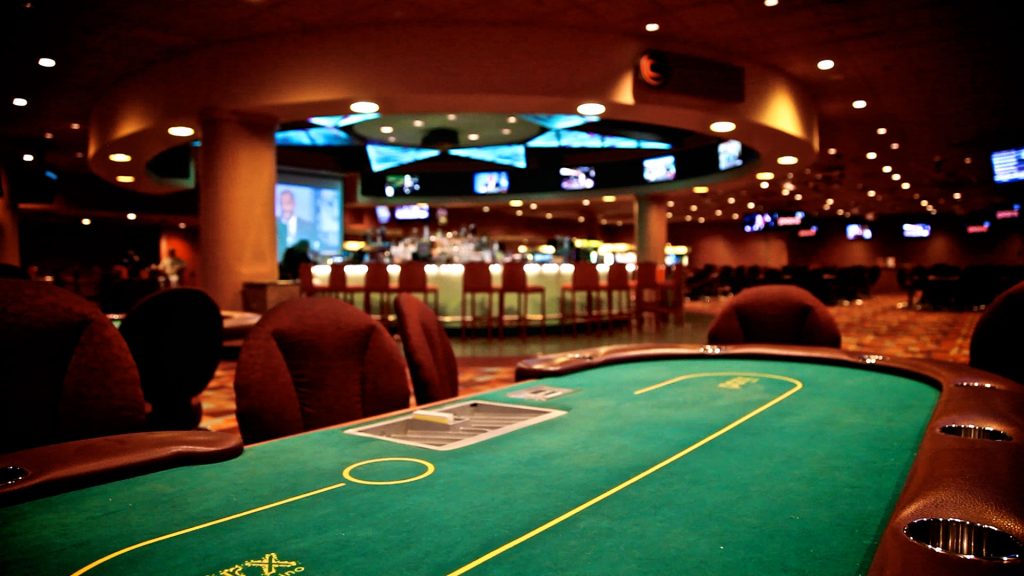
This transition marked a significant turning point, expanding the reach of casinos to a global audience and giving birth to a multi-billion-dollar online gambling industry. With the advent of smartphones and high-speed internet, the betting landscape underwent another transformation. Mobile gaming allowed players to access their favorite casino games on the go. Simultaneously, live dealer gaming brought a new level of realism to online casinos, enabling players to interact with real dealers and fellow gamblers in real-time, bridging the gap between physical and virtual casinos. A pivotal turning point for the industry came with the changing attitudes towards gambling. Many countries began to realize the potential economic benefits of legalizing and regulating casinos. This shift led to the expansion of casino markets across the globe, from Macau becoming a gambling mecca to the legalization of sports betting in the United States, opening up a massive new market.
Casinos have also evolved to accommodate changing player preferences. Skill-based games and esports betting have gained traction among younger generations who seek a different kind of engagement. This evolution reflects the mega888 apk industry’s adaptability to cater to diverse audiences. In conclusion, the evolution of betting and gambling has been marked by pivotal casino catalysts that have transformed the industry from smoky saloons to high-tech entertainment hubs. These turning points, from the birth of casino resorts to the rise of online gambling and the incorporation of esports, showcase the industry’s ability to adapt and innovate. As technology and cultural shifts continue to shape the world, the casino industry will undoubtedly experience more catalysts that redefine the way we bet and play.”
In a world driven by data and information, the concept of betting might seem counterintuitive to rational decision-making. Yet, beneath the allure of chance, there exists a hidden dimension of insight that has captured human fascination for centuries. Betting, in its various forms, often reveals a delicate interplay between gut feelings, calculated risks, and deep-seated human instincts. At its core, betting is an exercise in prediction. Whether it’s wagering on the outcome of a sports event, the rise or fall of stock prices, or the winner of an election, individuals are essentially making educated guesses based on their understanding of the situation. In this pursuit of foresight, a blend of research, intuition, and analysis comes into play, reflecting a convergence of human cognition and a thirst for reward. Historically, betting has been more than a mere gamble; it has showcased the power of human perception.



